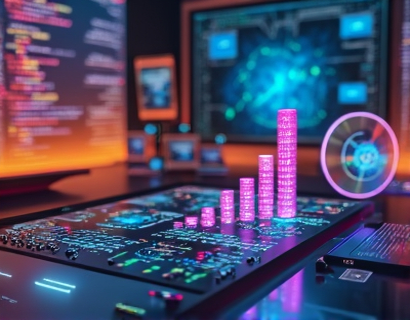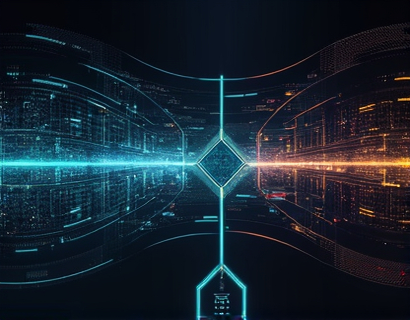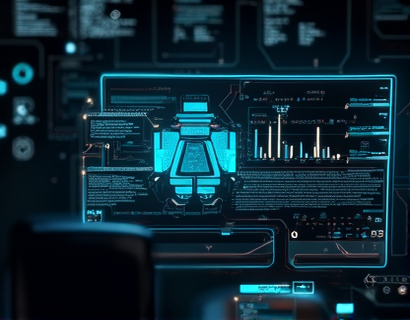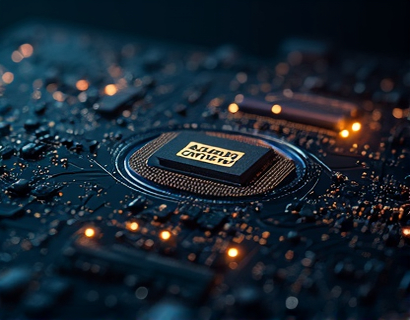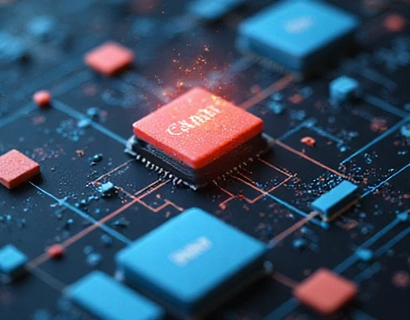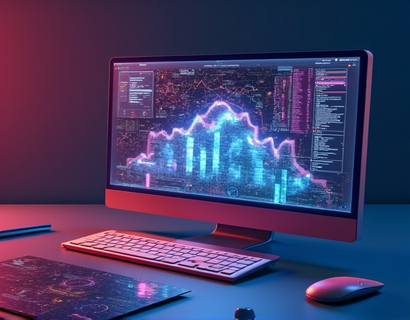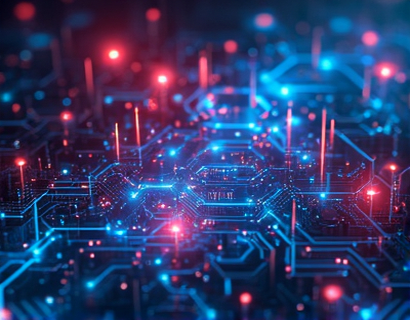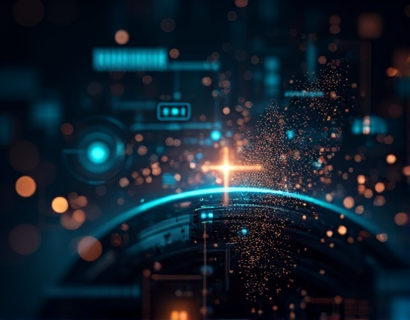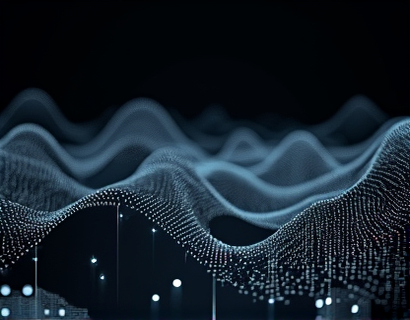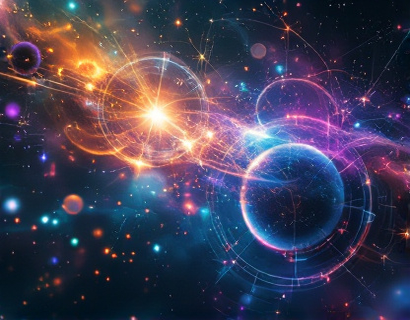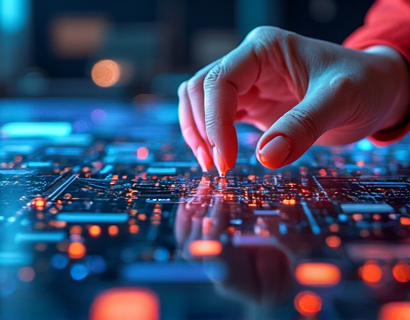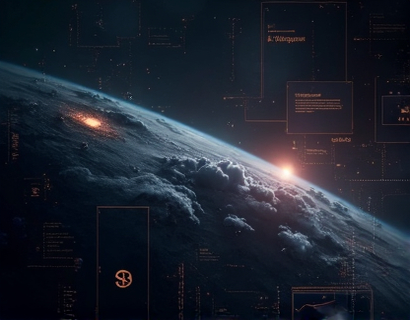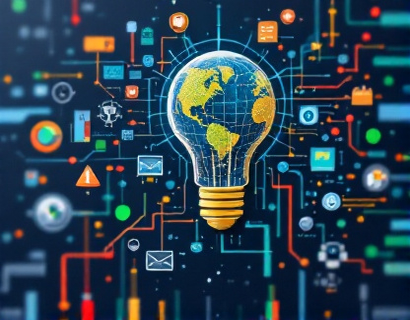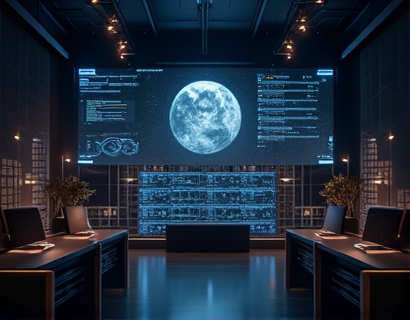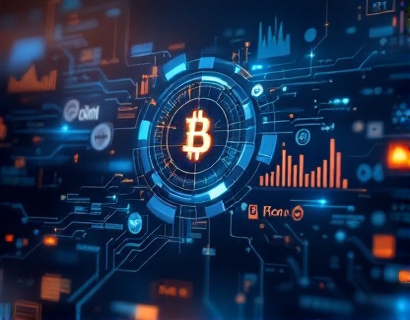Decentralized Productivity: Unleashing the Full Potential of AI and Crypto Integration
The integration of artificial intelligence (AI) with cryptocurrency and decentralized technologies is ushering in a new era of productivity and efficiency. This transformation is not just about enhancing individual tasks but redefining entire workflows and professional capabilities. By merging the power of AI with the decentralized nature of blockchain, we can unlock unprecedented levels of automation, security, and collaboration. This article explores how these technologies, when combined, can revolutionize digital workflows, making them more efficient, secure, and user-friendly.
Decentralized applications (dApps) powered by blockchain technology offer a foundation for building trust and transparency in digital interactions. Unlike traditional centralized systems, dApps operate on a distributed network, eliminating single points of failure and reducing the risk of data breaches. This inherent security makes them an ideal platform for integrating AI tools that require access to sensitive or large datasets. The decentralized nature ensures that AI models can be trained and deployed without compromising user privacy or data integrity.
AI, on the other hand, brings intelligent automation to the forefront. Machine learning algorithms can analyze vast amounts of data to identify patterns, make predictions, and automate repetitive tasks. When integrated with blockchain, AI can operate in a trustless environment, where smart contracts enforce rules and automate workflows without the need for intermediaries. This synergy not only enhances productivity but also reduces costs and increases efficiency.
Streamlining Tasks with AI and Blockchain
One of the most significant benefits of combining AI with blockchain is the automation of complex tasks. For instance, in project management, AI can predict project timelines, resource allocation, and potential bottlenecks by analyzing historical data. Smart contracts can then be programmed to adjust project plans in real-time based on AI recommendations, ensuring that projects stay on track without manual intervention. This level of automation not only saves time but also reduces human error, leading to more reliable outcomes.
In the realm of content creation, AI-powered tools can generate high-quality content, from articles to social media posts, based on specific parameters and user preferences. Blockchain ensures that content creators are fairly compensated through tokenized rewards, creating a decentralized economy where value is distributed transparently. This model incentivizes high-quality content creation and encourages a more engaged and motivated community of creators.
Enhancing Collaboration and Productivity
Collaboration is a critical aspect of modern productivity, and the integration of AI and blockchain can significantly enhance teamwork. Decentralized workspaces powered by blockchain allow team members from different parts of the world to collaborate seamlessly, with transparent access to project data and progress. AI can facilitate this process by providing real-time insights, suggesting optimal workflows, and automating routine administrative tasks.
For example, in software development, AI can assist in code review and bug detection, while blockchain-based version control systems ensure that all changes are recorded and verifiable. Smart contracts can automate the deployment process, ensuring that new code is tested and approved before being integrated into the main codebase. This not only speeds up development cycles but also maintains high standards of code quality and security.
Improving User Experience through Personalization
AI-driven personalization is another area where the combination of AI and blockchain can make a significant impact. By leveraging user data stored securely on the blockchain, AI can provide highly personalized experiences without compromising privacy. Users can benefit from tailored recommendations, customized interfaces, and streamlined workflows that adapt to their specific needs and preferences.
In the context of digital assistants, AI can understand and predict user behavior based on historical data, offering proactive suggestions and automating tasks before the user even requests them. Blockchain ensures that user data is owned and controlled by the individual, with granular permissions set through smart contracts. This approach not only enhances user trust but also fosters a more intuitive and efficient user experience.
Security and Trust in Decentralized Workflows
Security is a paramount concern in any digital workflow, and the integration of AI and blockchain addresses this challenge head-on. Blockchain's immutable ledger provides a tamper-proof record of all transactions and interactions, ensuring that data integrity is maintained. AI can further enhance security by detecting and mitigating potential threats in real-time, such as anomalous behavior or cyberattacks.
Smart contracts, powered by AI, can enforce security protocols and access controls automatically. For instance, a smart contract can be programmed to release funds only when specific conditions are met, verified by AI-driven audits. This dual-layer security approach not only protects sensitive information but also builds trust among users and stakeholders.
Challenges and Considerations
While the potential benefits are substantial, there are challenges to consider when integrating AI and blockchain. Scalability remains a key issue, as blockchain networks can struggle to handle high volumes of transactions. However, advancements in layer 2 solutions and blockchain optimizations are addressing these concerns, making decentralized systems more viable for large-scale applications.
Another consideration is the regulatory landscape. As decentralized technologies and AI continue to evolve, regulatory frameworks must adapt to ensure compliance and protect users. Collaboration between technologists, policymakers, and industry leaders is essential to create a balanced and forward-looking regulatory environment.
Future Prospects and Innovations
The future of decentralized productivity is bright, with ongoing innovations promising to further enhance the integration of AI and blockchain. One exciting development is the emergence of decentralized AI marketplaces, where users can buy, sell, and share AI models and services. These platforms, built on blockchain, ensure fair compensation for AI creators and provide users with access to a diverse range of intelligent tools.
Additionally, the convergence of AI, blockchain, and the Internet of Things (IoT) is opening new possibilities for smart environments and autonomous systems. Decentralized AI can optimize resource usage, predict maintenance needs, and enhance the overall efficiency of IoT devices, leading to smarter and more sustainable ecosystems.
In conclusion, the integration of AI and blockchain is transforming digital workflows, offering unprecedented levels of productivity, security, and collaboration. By embracing these technologies, individuals and organizations can unlock new potentials, streamline operations, and stay ahead in the rapidly evolving digital landscape.




